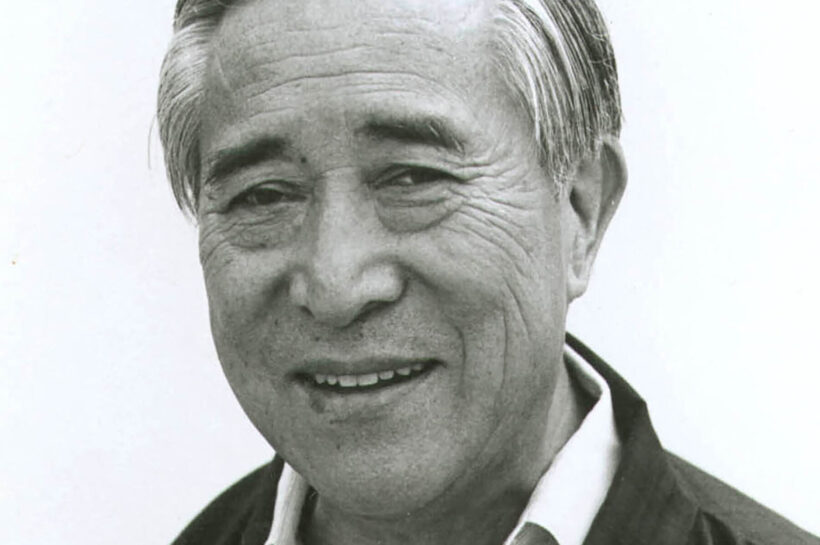Contents [show]
Summary
Grounded Justice: The U.S. suspends a controversial asset forfeiture DEA program accused of unjustly seizing cash from airline passengers. A victory for constitutional rights, but how many victims were left empty-handed in its wake?
A Win for Justice: DEA’s Asset-Forfeiture Program Grounded
The U.S. Department of Justice has suspended its controversial Civil Asset Forfeiture Program
The U.S. Department of Justice has taken decisive action to suspend a controversial DEA civil asset-forfeiture program that has long raised eyebrows and alarms.
The program, which allowed agents to seize cash from unsuspecting airline passengers without charging them with a crime, has been called out for infringing on constitutional rights and fostering a culture of financial exploitation.
Deputy Attorney General Lisa Monaco’s decision, highlighted in a damning report by the Justice Department’s Inspector General Michael Horowitz, signals a major victory for personal freedoms and accountability in law enforcement.
Critics argue that such programs have preyed on law-abiding citizens, often leaving them with little recourse to recover their money.

Suspicious Searches and Questionable Tactics
The report reveals a deeply troubling pattern of behavior within the DEA. One of the most egregious practices involved using confidential airline employees to flag passengers who purchased last-minute tickets—a common occurrence for business travelers or those dealing with emergencies.
These passengers were then approached, searched, and often had cash seized without sufficient evidence of wrongdoing.
Even more shocking, the report disclosed that these informants received a share of the seized funds.
This incentive-based system created a conflict of interest, effectively turning airline employees into bounty hunters and the DEA into a cash-collecting agency.
In one instance, caught on video and later publicized by the nonprofit Institute for Justice, a passenger identified as “David C.” was targeted after rebooking a flight due to illness. Despite having no criminal record or suspicious behavior, DEA agents aggressively pursued and seized his cash, epitomizing the program’s abuses.
How Many Victims Gave Up Fighting?
While the suspension of the program is a positive development, it’s hard to ignore the potential scale of its misuse.
For years, travelers have been subjected to these searches, often losing large sums of money.
The process to recover seized funds is notoriously arduous, requiring victims to prove their innocence—a reversal of the presumption of innocence fundamental to American law.
How many individuals simply gave up? How many forgot or couldn’t afford the legal battle to reclaim their hard-earned cash? The answers to these questions remain elusive but are likely staggering.

A Step in the Right Direction, but More Work Ahead
Dan Alban, a senior attorney with the Institute for Justice, praised the suspension but warned that it could be reversed without lasting legal reform.
A pending class-action lawsuit filed in 2020 against the DEA and TSA seeks to ensure this program, and others like it, are permanently shut down.
The fact that such a program existed in the first place is a chilling reminder of how easily systems can be exploited. The suspension may be a victory, but it also serves as a wake-up call for greater oversight and transparency.
1st Reported by Reuters
FAQs About the DEA’s Suspended Asset-Forfeiture Program
What was the DEA’s asset-forfeiture program for airline passengers?
The DEA’s civil asset-forfeiture program allowed agents to search airline passengers’ luggage and seize cash if they suspected it was linked to illegal activity. This was often done without charging passengers with a crime, raising concerns about constitutional violations.
How did the DEA target airline passengers?
The program used confidential airline employees to flag passengers who purchased last-minute tickets. Agents would approach these passengers, request consent to search their bags, and often seize cash under the pretense of suspicion, even without concrete evidence.
Why was the program controversial?
Critics argued that the program violated constitutional protections against unlawful search and seizure. It placed the burden of proof on passengers to reclaim their seized money, which was a costly and time-consuming process. Many felt the program incentivized law enforcement to focus on financial gain rather than justice.
How much money was seized, and how often was it returned?
The exact amount seized over the program’s duration isn’t clear, but many reports suggest millions of dollars were taken from passengers annually. Recovering seized money was notoriously difficult, requiring legal action and proof that the funds were not connected to any crime. This left many victims unable or unwilling to fight for their money.
Why did the Justice Department suspend the program?
The suspension came after a scathing report from the Justice Department’s Inspector General, Michael Horowitz, who highlighted significant legal and operational concerns. The report detailed instances of abuse, including incentivized tips from airline employees and searches lacking legal justification.
Is this suspension permanent?
The program has been suspended by Deputy Attorney General Lisa Monaco, but it is not yet permanently banned. Without legal reforms or changes in policy, the suspension could theoretically be reversed in the future.
What should I do if I believe I was a victim of this program?
If you believe you were unfairly targeted by the DEA’s asset-forfeiture program, you should contact a qualified attorney familiar with asset-forfeiture cases. Organizations like the Institute for Justice may also provide guidance or assistance in recovering seized funds.
What reforms are being suggested to prevent similar abuses?
Advocates are calling for greater oversight, stricter legal standards for asset forfeiture, and policies ensuring that seized funds are not used to incentivize law enforcement actions. Permanent legal changes could help prevent future abuses.
What role does the class-action lawsuit play in addressing these issues?
The class-action lawsuit filed by the Institute for Justice aims to hold the DEA and TSA accountable for past abuses and establish permanent legal protections against unjust cash seizures. This case could set a precedent for similar programs in the future.
Why is this suspension considered a positive development?
Suspending the program is a step toward protecting travelers’ constitutional rights and curbing financial exploitation by law enforcement. It highlights the importance of accountability and justice in safeguarding citizens from abuses of power.









